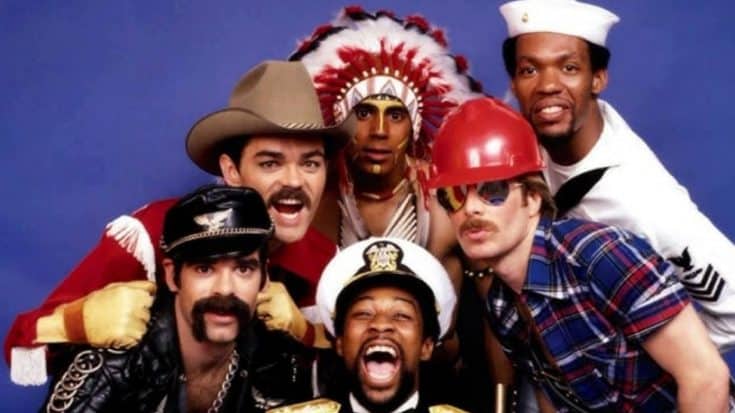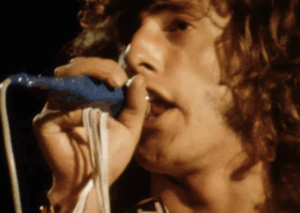5 70s Disco Stars Who Tried and Failed to Stay Relevant

via Decades of Dance🎶 / YouTube
The disco era of the 1970s brought fame to many artists, thanks to its vibrant beats and dancefloor appeal. However, the fall of disco in the early 1980s proved challenging for some of its biggest stars. Shifting music trends, audience tastes, and even the backlash against disco left many struggling to adapt. Here are five disco icons who found it hard to maintain their prominence after the genre’s decline.
Donna Summer
Donna Summer, widely known as the “Queen of Disco,” dominated the charts in the 1970s with hits like “Hot Stuff,” “Last Dance,” and “I Feel Love.” Her powerful voice and collaborations with producer Giorgio Moroder shaped the electronic sound that became synonymous with disco. Summer enjoyed massive success during the height of the disco craze, earning Grammy Awards and breaking records with her innovative music.
However, as disco faded from popularity in the 1980s, Summer attempted to transition to pop and rock. Although her efforts brought moderate success, such as the single “She Works Hard for the Money,” she struggled to replicate her earlier dominance. The public often associated her too strongly with disco, making it hard for her to break free from the genre’s decline. Despite her continued work in music, she remained tied to her 70s heyday.
The Village People
The Village People became a symbol of the disco era with their theatrical costumes and energetic songs like “YMCA,” “Macho Man,” and “In the Navy.” Their playful, over-the-top image and catchy tunes made them icons of the dancefloor. Their music was not just entertaining; it became a cultural phenomenon, celebrated by fans worldwide.
When disco fell out of favor, The Village People attempted to rebrand themselves, even trying a new-wave sound in the 1980s. They also appeared in the film Can’t Stop the Music, which was meant to launch them into broader stardom. Instead, the movie flopped, and their rebranding efforts did not resonate with audiences. Although their legacy remains intact as a symbol of disco, they were unable to find the same level of success in the post-disco era.
KC and the Sunshine Band
KC and the Sunshine Band, led by Harry Wayne “KC” Casey, created some of the biggest hits of the disco era, including “Get Down Tonight,” “That’s the Way (I Like It),” and “Shake Your Booty.” Their music combined funk, soul, and disco, making them a staple on dancefloors throughout the 1970s. They were known for their upbeat sound and their ability to get people moving.
When disco’s popularity waned, KC and the Sunshine Band struggled to adapt. Their attempts to produce music outside the genre were met with limited success. In the 1980s, Casey stepped away from the band for a time, and their output became sporadic. Though they experienced occasional revivals, particularly as disco nostalgia returned in the 1990s and 2000s, they never recaptured the success they had during their prime years.
Gloria Gaynor
Gloria Gaynor’s anthem “I Will Survive” remains one of the most enduring songs of the disco era. The track became a worldwide hit and an empowering anthem for many. Gaynor’s powerful voice and the universal appeal of her lyrics made her a standout figure in a genre filled with talent.
Despite her success with “I Will Survive,” Gaynor faced challenges in maintaining her relevance after the disco era ended. Attempts to shift toward other styles of music were less successful, and her subsequent releases failed to match the impact of her signature hit. Although she continued performing and recording, she became best known for her disco-era work, with “I Will Survive” standing as both her greatest achievement and a reminder of the difficulties she faced afterward.
The Bee Gees
The Bee Gees, composed of brothers Barry, Robin, and Maurice Gibb, were one of the biggest names in 1970s music. Their soundtrack for Saturday Night Fever defined the disco era, featuring hits like “Stayin’ Alive,” “Night Fever,” and “How Deep Is Your Love.” The album sold millions of copies and turned the group into international superstars.
The end of disco marked a steep decline for the Bee Gees’ popularity. As backlash against the genre grew, the group became one of its biggest targets, with critics and audiences associating them almost exclusively with disco. Although they shifted their focus to songwriting and production for other artists in the 1980s, they never fully regained their place in the spotlight. It was only later, as their contributions to music were reevaluated, that the Bee Gees began to be appreciated beyond their disco-era success.


















